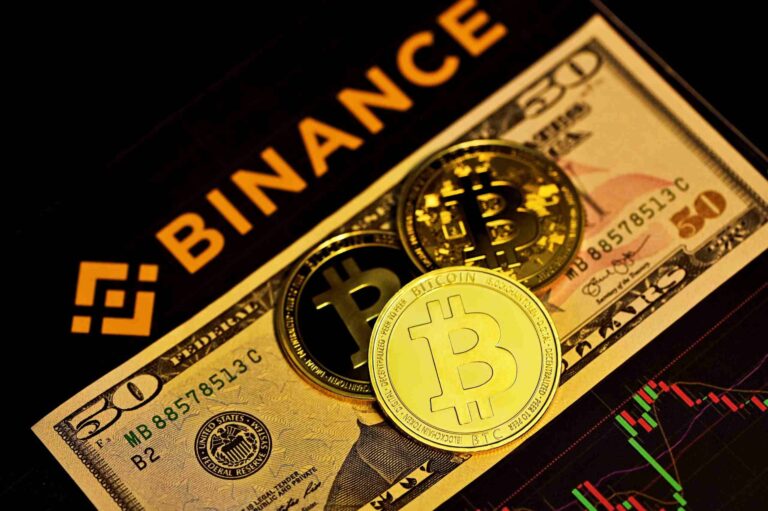A rather uncomfortable situation, that’s for sure. Following news from Australia’s financial regulator, ASIC (Australian Securities and Investments Commission), Binance has lost its license on derivatives trading.
But what does this mean for investors? Will the platform close down? Or is it not a case of running for cover?
Regulators are certainly tightening up, attacking the most prominent entities in the crypto landscape, and accusations against the exchange are coming from multiple fronts. First the CFTC, now the Asic. Who will be next?
However, the Australian commission does not allow appeals and the license has already been cancelled, users of the derivatives branch still have a few days to close their positions before the exchange does.
But don’t be alarmed, the situation does not affect all traders indiscriminately and fortunately it is related only to users of the Australian branch. Here is what to do and what is happening.
Table of Contents
Binance loses Asic derivatives license
The future looks a bit hazy for crypto. Just when the market seemed to be recovering, the largest cryptocurrency exchange is coming under attack on multiple fronts.
Whether for the sake of users or not, the problem remains. But beware: for the time being, this only affects Binance Australia Derivates, not Binance.com!
Basically, on April 6, 2023, the company announces that following the revocation of the derivatives trading license by Asic, held by Oztures Trading Pty Ltd, which operates as Binance Australia Derivates, the company will suspend operations in this regard.
The platform’s approach in Australia will thus focus only on the local registered exchange (operated by Binance Australia). In practice it will be possible to trade spot, but no longer on derivatives.
The exchange tries to reassure, but users remain doubtful.
What is Binance Australia Derivates?
Many experienced users use futures for their trading and may not be at all happy about the news.
Binance Australia Derivatives, in fact, offers over-the-counter (OTC) derivatives products, with cryptographic contracts for difference (CFDs) available to Australian customers, regulated by its Australian Financial Services Licence.
For the uninitiated, a crypto futures contract outlines an agreement to buy or sell digital currencies at a specific price on a specific date in the future. Buyers of futures contracts assume the obligation to buy the associated cryptocurrency, while sellers assume the obligation to sell the crypto when the contract expires.
For many traders, these contracts offer better access to market sectors as well as new ways to speculate on future price beyond the standard spot markets. This has generated much confusion among some traders, novice and otherwise.
Difference between spot trading and derivatives
Brief reminder to provide clarity on the Binance news. There are different types of derivatives to understand, and these include futures, options, and perpetual swaps that are also applicable to cryptocurrencies.
A derivative is a contract between a seller and a buyer to exchange an underlying asset at a specific price. For example, a Bitcoin futures contract allows traders to agree to buy and sell at a specific price in the future.
In practice, you do not buy at the actual market price. When we trade spot, we buy a cryptocurrency at the market price and usually sell it back in a relatively short period.
When we trade with derivatives, on the other hand, we have an agreement between buyer and seller, with a contract stating the obligation to buy and sell at a future date at an agreed price.
What to do with derivatives on Binance
We’ll say it again: this news only applies to users operating in Australia and with derivatives.
Basically, those who use Binance Australia, trading spot, do not have to worry about closing or withdrawing their cryptocurrencies. Only about a hundred users are still exploiting the service, and the team seems to have warned them, according to the statement.
Risk for cryptocurrencies on Binance?
Asic said it had revoked the license over the misclassification of retail and wholesale clients. Today, however, those who hold cryptocurrencies on their Binance account, trading spot, need not to worry.
The best advice that can be given would always be to buy cryptocurrencies and hold them in an external wallet, rather than leaving them on the platform.
Or, for those who want to trade quickly, simply withdraw their funds. However, this is for traders to decide: they are always the ones who manage their own level of risk.
Read also: Binance Academy, a great way of studying cryptocurrencies while getting paid












